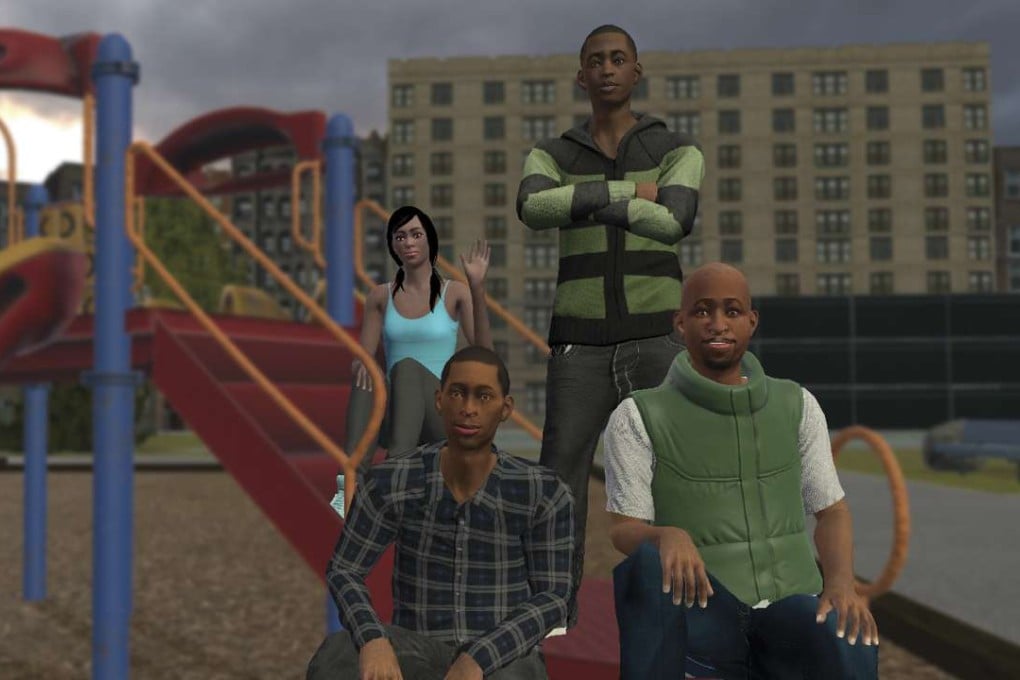In video game about Chicago violence, players win through empathy, not guns
Creator says game is ‘a new way of exploring familiar territory’, although not everyone in the gaming community agrees that this style of game is a good path to understanding others’ experiences

Chicago’s bloodshed has been well chronicled by journalists, musicians and filmmakers aiming to understand its perpetrators and victims. Now this mission has shifted to a new medium.
A small Chicago company is finishing a video game titled We Are Chicago, in which players assume the character of a teenage boy in an unnamed city neighbourhood. They guide him through his final week of high school as gang tensions and street violence threaten to upend his life.
We Are Chicago is part of a wave of video games that aim to provide more than shoot-’em-up thrills. Dubbed “empathy games”, they lead players through wrenching real-life situations, exploring tough subjects in a new way.
Such ambition comes with a risk. Video games are rarely taken seriously as an art form or a means of communication, and their attempts to tackle serious topics can strike some as superficial or exploitative.

“If someone was making a documentary or writing a story about growing up on the South Side, no one would bat an eyelid,” he says.
“This is going in that same direction. We’re not trying to make a game that’s super fun. We’re trying to make a game that’s telling an important story, and trying to engage people in a subject they might not have experience with.”